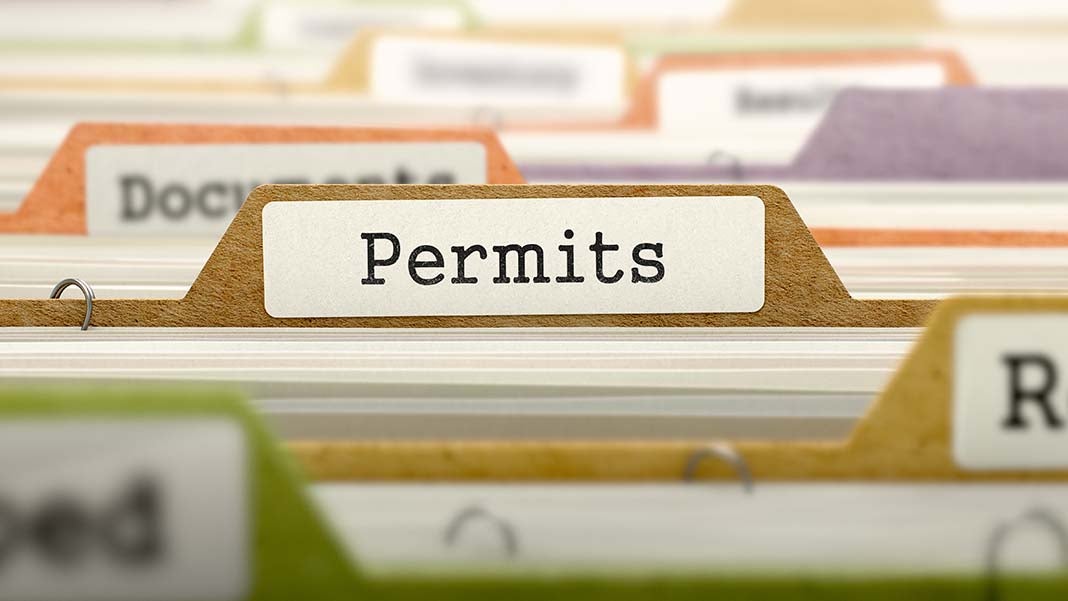
It’s no secret that business often outpaces local regulations, city ordinances, or zoning regulations. When reviewing the rapid advance of the tech space or the current litigation following the mass spread of companies such as AirBnB or Uber, it’s apparent that many laws just haven’t caught up to today’s diverse business world.
The tech space isn’t the only industry running into outdated or single dimension ordinances. Many different businesses models, such as doggy day cares, face zoning restrictions when looking for commercial real estate. I’ve seen a rising challenge for franchisees looking to open new franchise units in urban areas. Countless business models popular today go outside the scope of what the zoning ordinances predicted twenty or thirty years ago.
While lobbying for new ordinances or zoning proves to be an unrealistic hurdle for franchisees, Conditional Use Permits (CUP) bridge the gap. According to the city of Pasadena:
“Conditional Use Permit is required for uses typically having unusual site development features or operating characteristics requiring special consideration and conditions so they may be designed, located, and operated compatibly with neighboring properties. Some types of uses that require review under the conditional use permit provisions include: service stations, child day care centers, and businesses that sell alcohol or offer live entertainment.
A Variance is a request for a deviation from the Zoning Code for a particular development standard because of unusual circumstances associated with a particular site. Some examples of types of variances are for building height and parking. No variances to the land use classifications of the Zoning Code are allowed.
Both conditional use permits and variances require noticed public hearings with a review by the Zoning Hearing Officer. A decision to approve or deny an application is based on the findings of fact contained in the Zoning Code.”
If your franchise model regularly runs into the need for CUPs, there are several important factors to work with and prepare franchisees for. First, CUPs come with additional costs. Depending on the different regulations and business model, a city may charge fees ranging from $3,000-$5,000. Additional costs in hiring consultants can continue to raise the overall costs.
Next, you have the added time frame. The Los Angeles County Department of Regional Planning states that CUPs typically take between 10-12 months to be processed and approved. Smaller counties may take less time. Ultimately, it varies by city. Regardless, for a time sensitive process, this extended period creates additional constraints on getting units operational. As a franchisor, you will need to ensure that your prospective franchisees have enough funds to maintain their living expenses for the extra time.
Lastly, this creates additional hurdles for signing real estate deals. No franchisee wants to invest heavily into a space they can’t operate their business from. For this reason, it’s important to negotiate a contingency into the lease. In the event that the CUP doesn’t garner approval, all monies will be returned.
Despite the challenges, for many expanding franchises, conditional use permits are becoming more common. When working to expand a proven business model, the CUP creates an irritant up front but, ultimately, helps pave the way to securing a thriving location. As the saying goes, it’s all about “location, location, location.”
In an ever-changing legal landscape, it’s important to partner with an experienced franchise and real estate lawyer. Between cities working to catch their laws up to modern times and states looking to increasingly regulate franchises, it’s paramount to build a strong legal foundation every step of the way. As a seasoned franchise lawyer, I have strong roots in both the franchise world and real estate world. To add an even deeper perspective, I am also a co-owner of the franchise PLAYLive Nation.












